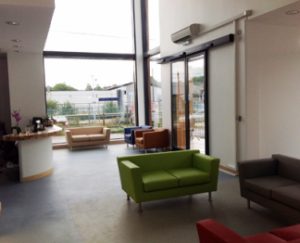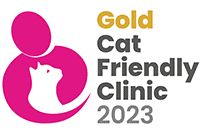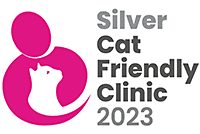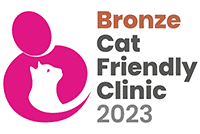 There are many things to consider when making your choice of vet practice, and we thank you for choosing the dedicated vets, nurses and receptionists at Village Vet to help you with the care of your pets.
There are many things to consider when making your choice of vet practice, and we thank you for choosing the dedicated vets, nurses and receptionists at Village Vet to help you with the care of your pets.
We are delighted to have 3 veterinary hospitals London and Cambridge, including a brand-new state of the art small animal hospital in Whittlesford, South Cambs. The Whittlesford
practice opened its doors for the first time this month, and will offer hospitals tours, open evenings, pet information seminars and other events over forthcoming months. Click here to watch a video of Brendan Robinson speaking about our Village Vet hospitals.
So, what makes a veterinary hospital any different to your local veterinary practice?
All of our Village Vet practices are regularly visited by independent inspectors, who look at a whole range of issues relating to the care of patients – for example the continuing education of staff, the provision of right equipment for any standard procedures. Our hospitals are packed with vets and nurses with additional qualifications, so you will never need to transport your sick pet across the country to a specialist centre for an operation or tests.
One of the most important aspects of a Veterinary Hospital is that they have members of staff on the premises 24 hours a day. These members of the veterinary team are specifically responsible for the care of any in-patients. In most veterinary practices there is no one on the premises after the end of evening surgery or over weekends. This means that there is no one on the premises to look after any patients that are kept in overnight. No one to notice that an i/v drip line has become blocked, a patient has started to vomit or is showing pain.
At Village Vet, we want to ensure that your pet receives the very highest level of clinical and medical support, and the very best care, so our vets and nurses are available 24/7 at all of our hospitals. Our hospitals in Hampstead, Whittlesford and Milton are not just there for emergencies, but also for routine care and vaccinations as well.











